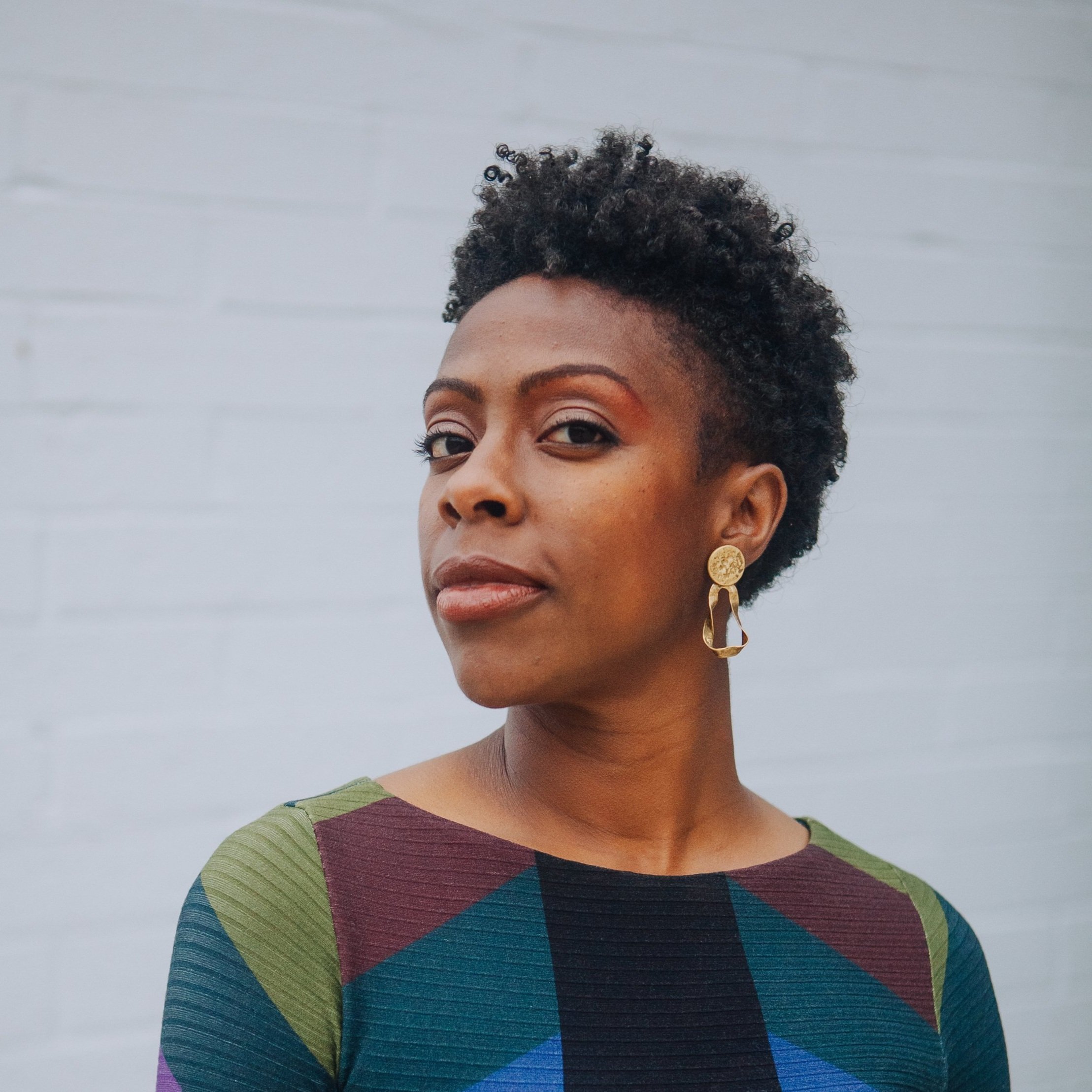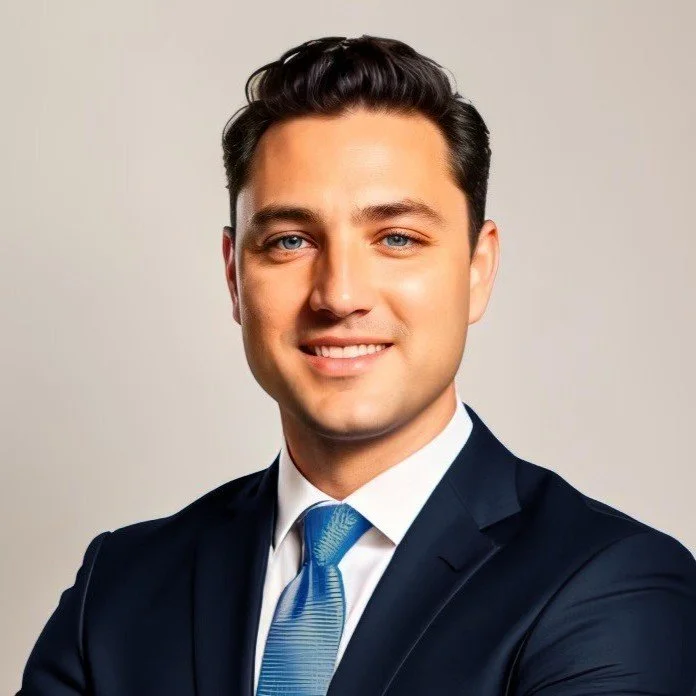Infrastructure for Shared Ownership: A Research Program
Authors: Derek Razo, Chelsea Robinson & Jay Standish
In 2022-23, Purpose completed a fund manager fellowship program which helped community leaders raise over $50M for community and employee ownership funds. Patagonia transitioned to steward ownership, which sparked a new level of interest in alternative ownership worldwide. Purpose also launched Common Trust to help more businesses transition to employee and steward ownership.
Across all this work, and for hundreds of collaborators, activists and builders, one thing has become clear to everyone working in this space: the default financial and legal systems that support the functioning of the economy are simply not aligned with long-term stewardship and shared prosperity.
Introducing: Infrastructure for Shared Ownership
In order to solve this problem, we are launching a new program of research in 2023-2024: Infrastructure for Shared Ownership. This is generously supported by One Project.
In the research, our aim is uncovering the success factors behind real-world examples of deeply networked economic cooperation at scale. We are investigating ways of doing business that weave multiple firms together toward shared prosperity. This sounds simpler than it is. Unsurprisingly, most of the default legal and financial infrastructure is oriented around competition outside an organization and aligning incentives inside an organization. But shared prosperity requires successful cooperation across organizations, missions, financial partners, etc.
Cooperation of this nature involves interlinked legal and financial structures that strengthen not only individual projects, but the resilience of stakeholders and competitiveness of the network as a whole. From researching these stories and case studies, our goal is to share actionable insights on how to build the missing infrastructure necessary for the shared ownership movement to expand by an order of magnitude.
What does this look like?
Many examples exist at scale, and through time, that demonstrate how to build extremely competitive, mutually beneficial financial and legally interconnected entities. Long standing and well-studied examples like Mondragon and the Japanese Keiretsu are joined by more recent examples such as the Industrial Commons, Sardex and Obran.
These networked entities can become large enough to offer competitive alternatives to traditional capital. This is the kind of architecture which can help prevent small to medium businesses being consolidated into monopolies, keeping wealth and stewardship in the hands of those who care and benefit most from it.
A simple example we’re looking at is shared services cooperatives. In this example, instead of hiring a 3rd party vendor to run HR or bookkeeping, multiple small companies pool expenses together and start an HR & bookkeeping service that they time-share, at cost. This ensures the service is totally focused and designed for their exact needs, and they get quality, affordable outcomes. Practically, this kind of thing reduces all the members’ expenses, and increases their resilience and value. It’s a true win-win. This enmeshment of legal and economic infrastructure becomes a stepping stone for deeper forms of cooperation and membership..
In another approach, we’re looking at ways for real estate and business owners to pool their assets to achieve diversification and resilience, while maintaining community control and benefit. This can be achieved through repurposing traditional Holding Companies and Roll Ups to integrate shared ownership. Putting small and medium businesses together under one financial system, managed by a group of involved people, or connecting these businesses more, can help them have more money available for their needs.
You’ll see results in 2024
We're about halfway through our research - we've done the initial legwork, and now we're starting to make sense of what we've found. We will share outcomes and findings throughout early 2024.
Meet the Team
We are thrilled to work with an incredible research team who are conducting this project.
This research is directed and supervised by Derek Razo and Zoe Schlag.
Take a moment to learn more about our research team below.
Charity May -
Senior Researcher
Charity May is the Founder and Principal of Sacred Futures, an advisory practice that guides partners in the reimagining, designing and implementing of governance, leadership and ownership models, sustainable growth strategies, and financing vehicles to cultivate renewal and reciprocity between human and more-than-human Worlds. She has directed the investment, structure and development of over $575 million for education facilities, conducted the underwriting, analysis, origination and structuring for over $3.8 billion of leveraged finance transactions, and managed a portfolio of middle-market companies totaling $134 million in debt commitments. Charity is a systems designer, writer and advisor, supporting the governance and strategic development of funds, projects and businesses committed to building towards a regenerative economy.
Jay Standish -
Senior Researcher
Jay Standish is an entrepreneur and creative with a background in community and real estate. The last company he founded, OpenDoor Coliving, ran for 10 years and operated over 400 units of community housing across three states with over $70M in AUM. Jay wore many hats - raising capital, acquiring + developing real estate, implementing community programs, hiring a team and building an automated marketing platform. Prior to OpenDoor, Jay co-founded Impact Hub Seattle, a coworking space for social entrepreneurship part of a global network. Jay has an MBA in Sustainable Systems and also has a skillset in design and visual arts. Jay has wilderness experience including a 75-day expedition in Western Australia. Jay is currently focused on both sponsoring deals and building infrastructure in the small business acquisition space.
Tony Santolupo -
Senior Researcher
Tony is the founder and principal of AJJAXX LLC, a consulting firm focusing on advisory and investments. Through this venture, he has worked with dozens of clients across a wide range of sectors, leveraging 15+ years of experience. Tony specializes in financial modeling, fund structuring, financial due diligence, valuation, M&A, fundraising, portfolio monitoring, and general corporate Financial Planning & Analysis (FP&A). Prior, Tony has worked as an investor at a private equity fund, and as an investment banker. In totality, projects have included equity and debt raises, LBOs, company sales, company acquisitions, and strategic M&A for both large companies and startups. He has acted as a board member, board observer, Interim CFO, and Director of Finance for a wide variety of companies across a range of sectors. Tony has a special interest in fund construction and alternative investment vehicles, having advised on the creation of private equity & venture funds, venture studios, mezzanine funds, and special purpose vehicles. He enjoys traveling, golf, squash, sailing, hiking and watching sports of all kinds.
Chelsea Robinson -
Research Program Manager
Chelsea is a serial founder and builder of impact organizations, a movement organizer, facilitator, and program designer. Convening for collaboration and innovation/accelerator programs are her specialties. Chelsea has worked with philanthropies, nonprofits, governments, and startups for over 12 years. Most recently Chelsea was the Co-Executive Director at Open Lunar Foundation, leading an international network of cross disciplinary experts to build open infrastructure projects for the Moon. Good governance and stakeholder decision making is a lifelong passion and focus for Chelsea, having studied and practiced in the field of governance design for companies and countries alike. Chelsea has been involved in Purpose informally since its founding, and has direct experience as a member of worker-coops and shareholding in commons holding companies, having written about these topics in books such as Better Work Together.




